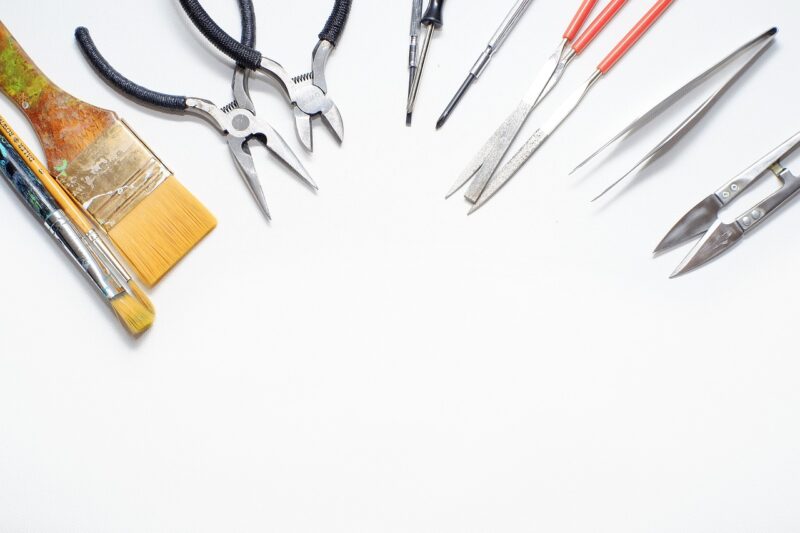
For anyone with a penchant for do-it-yourself projects, having the right tools at your disposal is crucial. Whether you are a novice tackling your first home improvement project or a seasoned DIYer looking to enhance your toolkit, knowing which tools are essential can make all the difference in the success of your projects.
In this article, we will explore ten must-have tools that should be part of every DIY enthusiast’s toolkit. Each tool serves specific purposes, allowing you to address various projects with confidence and efficiency.
1. Cordless Drill
A cordless drill is an indispensable tool for any DIY enthusiast. Its versatility allows you to perform a range of tasks, from drilling holes to driving screws. Unlike corded drills, cordless models offer freedom of movement, allowing you to take your projects anywhere.
When choosing a cordless drill, look for one with a variable speed setting and a comfortable grip. Additionally, consider purchasing extra batteries to minimize downtime during projects.
2. Measuring Tape
Accurate measurements are critical in DIY projects. A durable measuring tape with a locking mechanism ensures precision when measuring lengths. Look for a tape measure that features both metric and imperial measurements for versatility.
Investing in a longer tape (25 feet or more) can also be beneficial for larger projects.
3. Level
Whether you are hanging pictures, installing shelves, or constructing furniture, a level ensures that your projects are straight and even. A standard spirit level is useful for small projects, but a laser level can increase efficiency for larger tasks, providing a visible line for alignment.
4. Hammer
A sturdy hammer is an essential tool in every DIY toolkit. It’s essential for tasks ranging from hanging pictures to framing walls. Choose a hammer that feels comfortable in your hand, and consider the weight, as a heavier hammer may drive nails more effectively but could lead to fatigue if used for extended periods.
5. Screwdriver Set
With varying sizes and types of screws, a comprehensive screwdriver set is vital. Look for a set that includes flathead and Phillips screwdrivers in different sizes. Additionally, consider investing in a magnetic screwdriver for ease of use, as it will help hold screws in place while you’re working.
6. Pliers
Pliers are versatile tools used for gripping, twisting, bending, and cutting. A quality set of pliers should include needle-nose pliers for precision work, slip-joint pliers for larger grips, and cutting pliers for wire and cable projects. Having a variety of pliers will prepare you for nearly any task.
7. Utility Knife
A sharp utility knife is invaluable for cutting through a range of materials like cardboard, plastic, or drywall. Look for a retractable design for safety when not in use. A knife with replaceable blades ensures that you always have a sharp edge available for your projects.
8. Work Gloves
Protective gear is essential when undertaking DIY projects. A good pair of work gloves shields your hands from splinters, sharp edges, and potentially hazardous materials. When selecting gloves, consider the material (like leather or synthetic) that offers both durability and comfort.
9. Saw
A handsaw is essential for cutting wood, whether you are working on furniture or renovations. A fine-tooth saw is perfect for precision cuts, while a crosscut saw can tackle larger pieces. If you’re willing to invest more, a power saw (circular or jigsaw) can save time and effort for bigger projects.
10. Safety Goggles
Safety should always come first. Investing in high-quality safety goggles protects your eyes from debris during cutting, drilling, or other tasks. Choose goggles that fit comfortably and offer a clear view, and consider those that can accommodate prescription glasses.
Conclusion
Building a robust toolkit with these essential tools will empower you to tackle a wide range of DIY projects with confidence and safety. As you progress in your DIY journey, you may find additional tools that suit your specific needs, but starting with these ten must-haves will lay a solid foundation.
Remember, the key to successful DIY projects is not just in the tools you choose but also the skills you develop. Happy DIYing!





